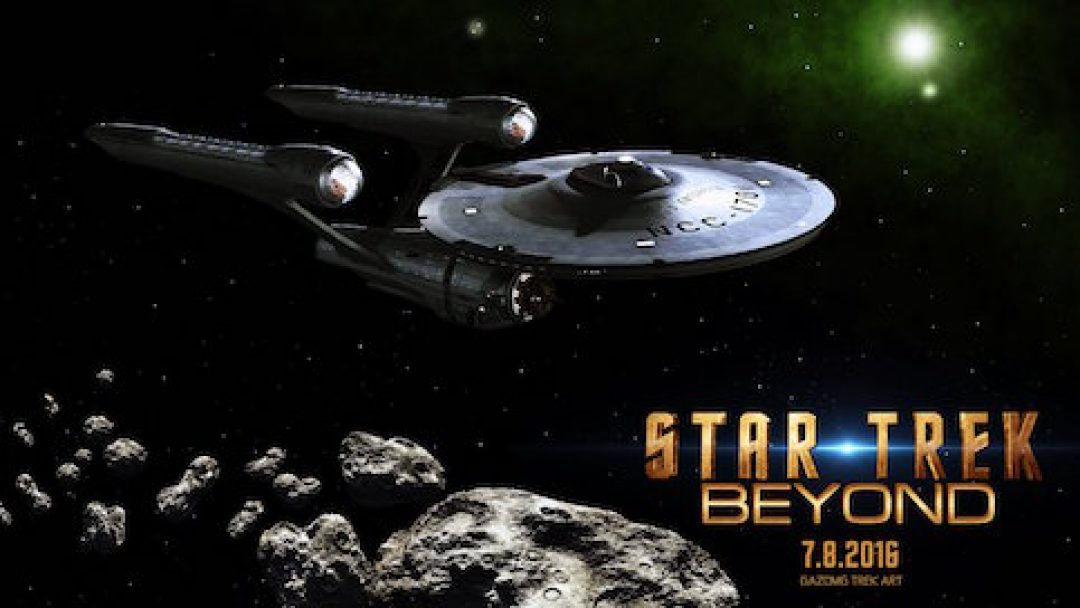After the underwhelming “Star Trek into Darkness”, both fans and casual viewers have a right to be concerned about the latest entry in the iconic and long-running science fiction franchise. Fortunately, these fears are mostly unfounded, as “Star Trek Beyond” is not only a much-welcomed course correction to its predecessor’s stumbles, but is a worthy celebration of the franchise’s 50th anniversary this year. The film eschews the bleak and conspiracy-laden themes of the previous film in favor of the franchise’s traditional light-hearted, space-faring adventures, although it’s not to say that it’s completely devoid of seriousness.
The plot revolves around a rescue mission that goes awry when it’s soon revealed to be a trap orchestrated by the main antagonist. With their ship destroyed and the crew either captured or scattered to the winds, the protagonists are faced with the difficult task of reuniting with one another and catching up with the villain before he can carry out his nefarious agenda. The returning cast are more on point than before, no doubt because of a script that perfectly balances out the ensemble as opposed to servicing just a handful of characters.
The true standout however, is Karl Urban’s Leonard “Bones” McCoy, who serves as a humanizing and stabilizing component to the rest of the crew (in particular the central trio alongside Chris Pine’s James Kirk and Zachary Pinto’s Spock), and provides endless amusement with his witty barbs and perpetual exasperation. The noteworthy newcomer is Sofia Boutella’s Jayla, whose character radiates remarkable swagger and confidence while occasionally displaying moments of emotional vulnerability. Less impressive is the main antagonist, depicted by the normally phenomenal Idris Elba. His Krall doesn’t have the same villainous presence as his predecessors, and his unique speech inflections makes him difficult to understand at times.
The action scenes are a step-up from previous installments, owing chiefly to the new director Justin Lin’s expertise (channeling the tricks he’s learned from the “Fast and Furious” series), culminating in a climax that’s anchored by a familiar (and very much appropriate) piece of 21st century music.








